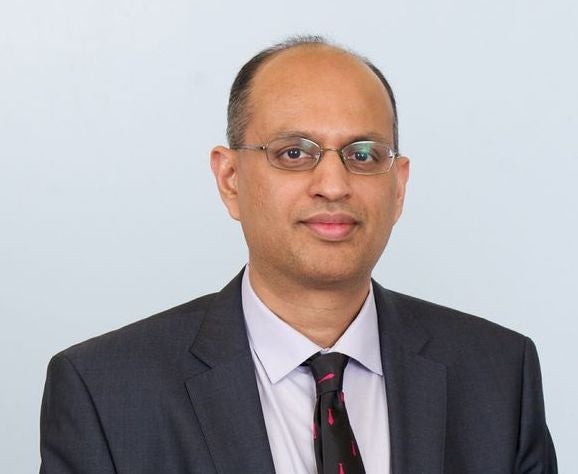
Menezes’s interest in cryptography stems from his undergraduate years. “The unique blend of engineering, mathematics and computer science really appealed to me,” he remembers. Alongside several Waterloo colleagues, including his former supervisor, Menezes built CACR from the ground up in the early years of the internet. “As the internet took off, we identified a growing need to secure communications,” he explains. “Cryptography plays a key role in communications.”
Over the past two decades, Menezes and his colleagues have broken new ground in the field of cryptography, particularly in elliptic-curve technology, which secures the connection between browsers and website servers on most secure websites today. As technology has advanced, Menezes has supported the development of a number of initiatives that have risen out of CACR, including a quantum computing group that works to secure systems against quantum attacks.
These days, Menezes divides his time between teaching and research projects. “I’m currently critiquing the field of provable security, which has to do with mathematically proving that a system is secure,” he shares. In the classroom, his enthusiasm for his area of expertise is contagious. His elective cryptography class attracts 250 students every term. “It’s incredibly rewarding to teach students who share my interests,” he affirms. “I have a captive audience.” Many of the seeds he plants take root in students who go on to work for Canada’s Communications Security Establishment and a number of leading technology companies.
In 2018, the CACR shut down to make space for all the new initiatives it birthed. From the day he seized the opportunity to return to Waterloo, Menezes has played a pivotal role in creating countless opportunities for researchers and students alike. “I can do what I do because I’m surrounded by such a talented group of people,” he believes. “I’m grateful to work in an environment that encourages researchers to follow their passions and help students discover their own.”